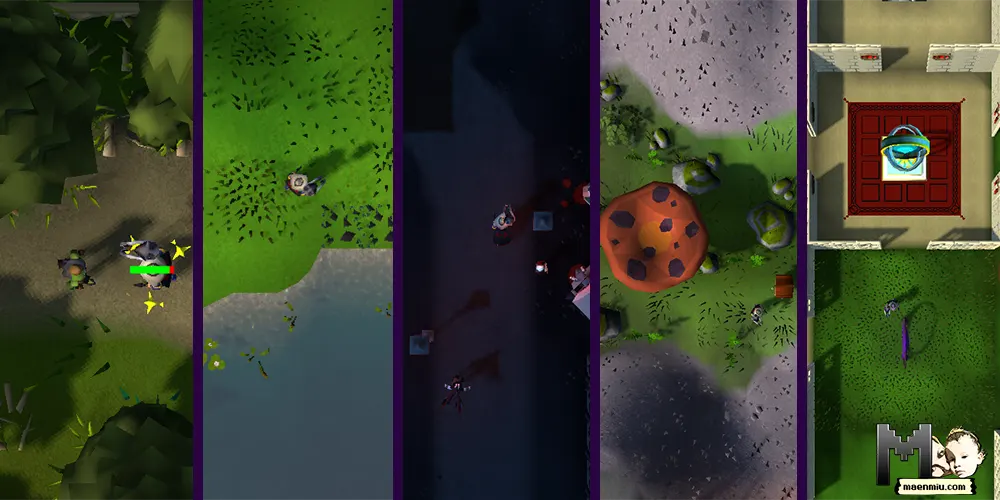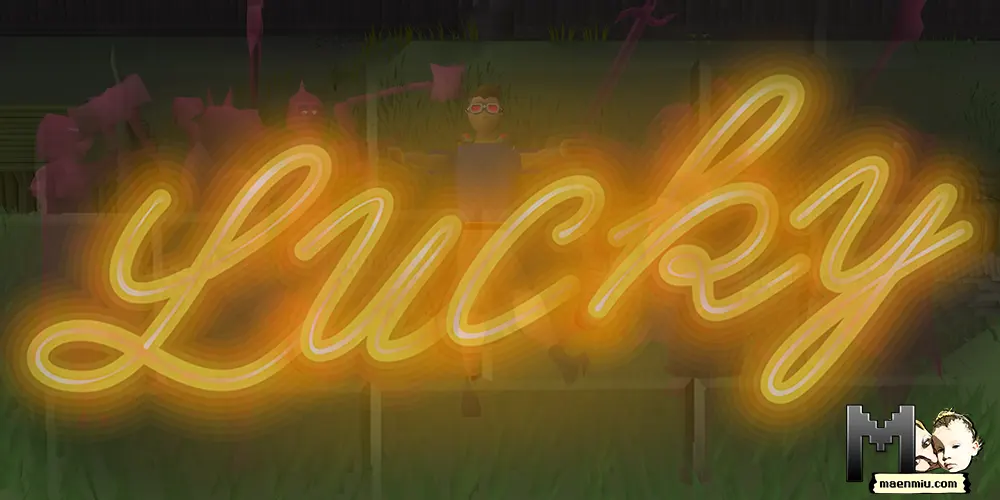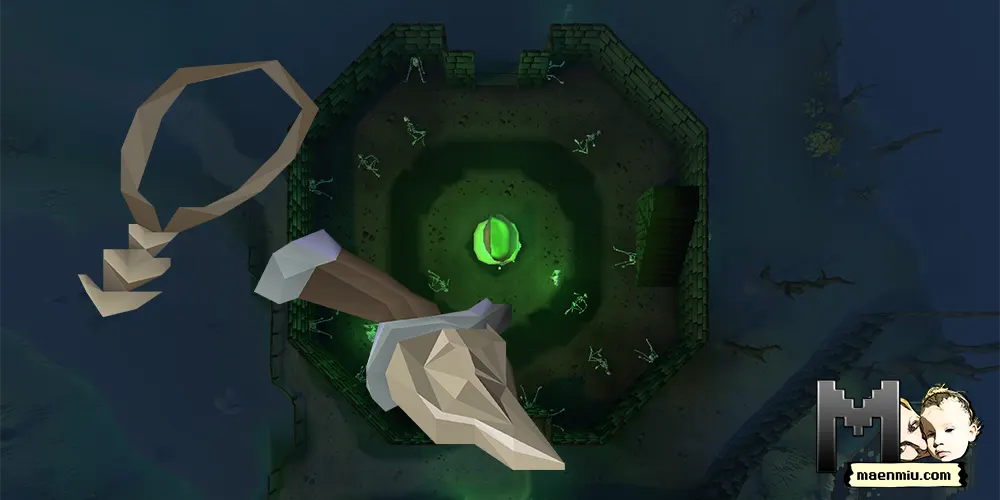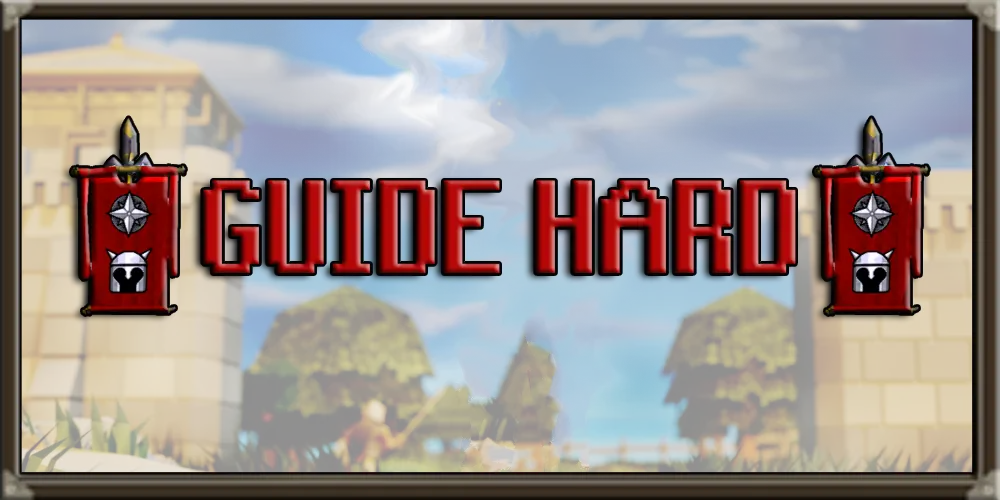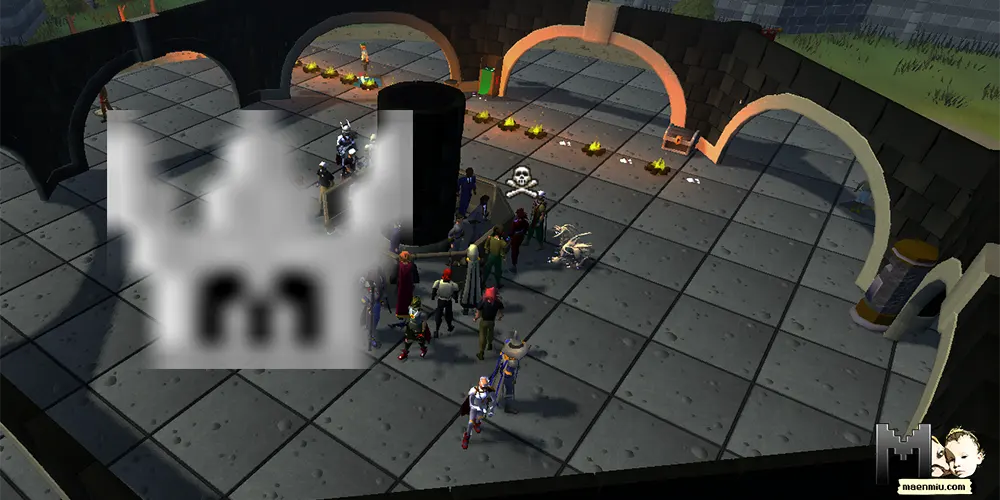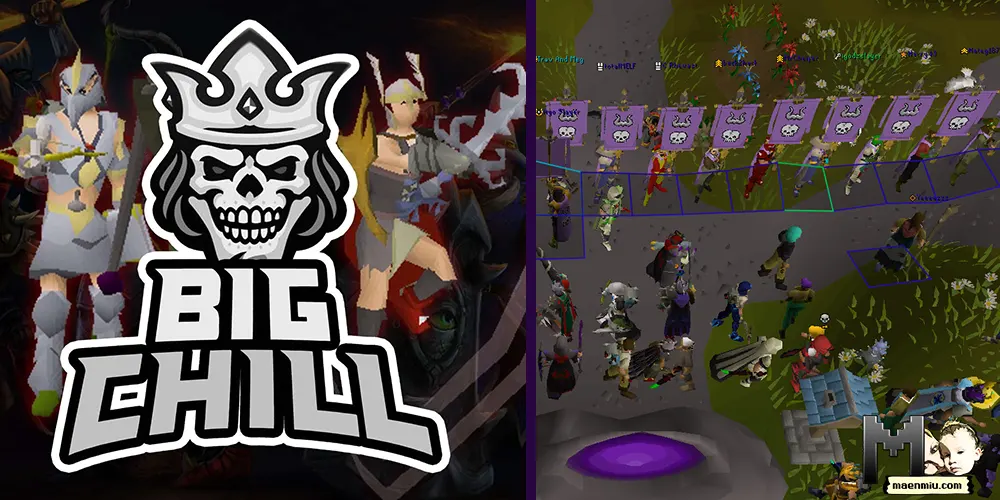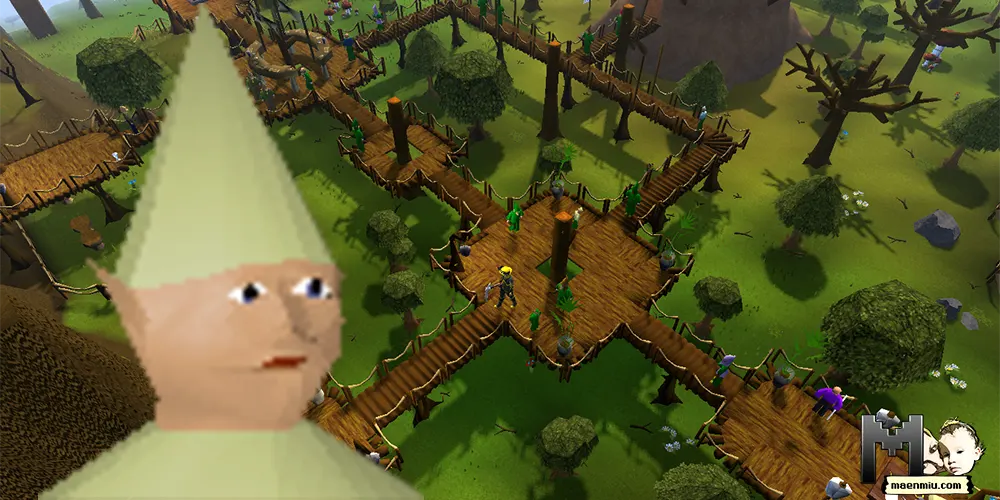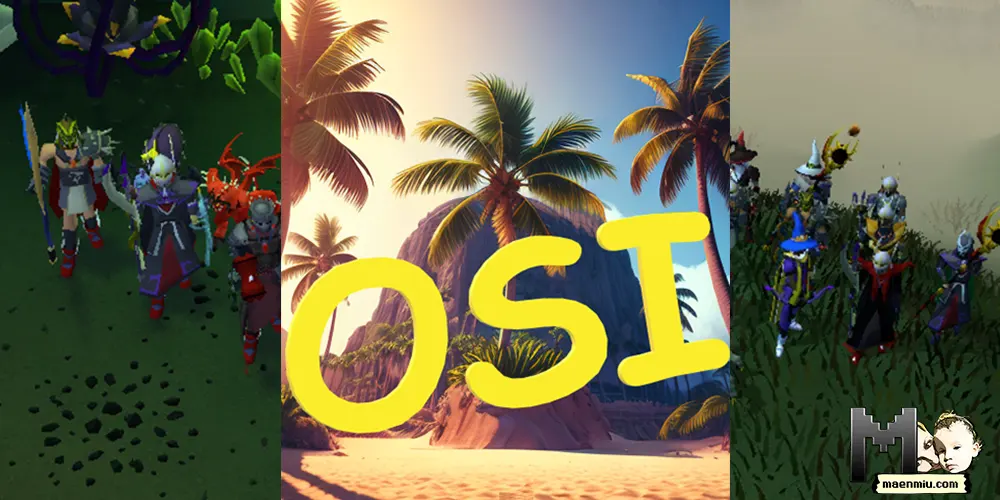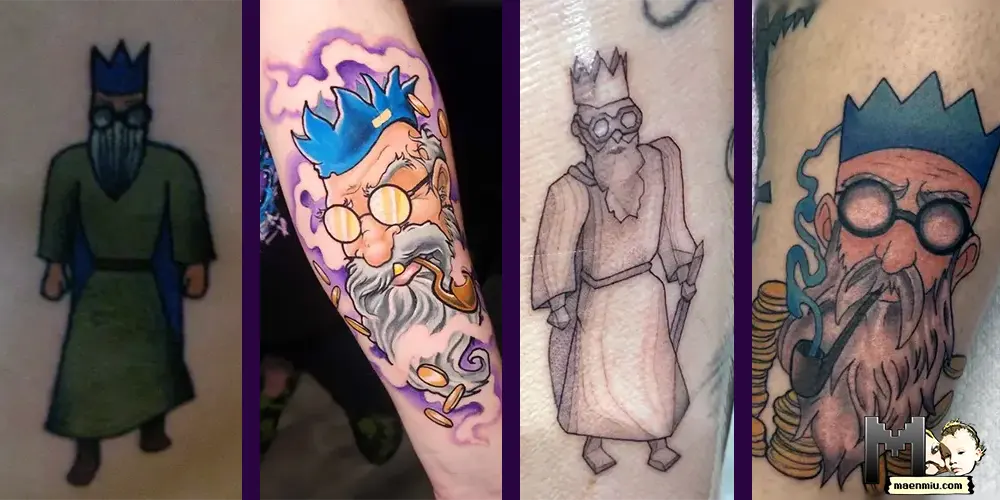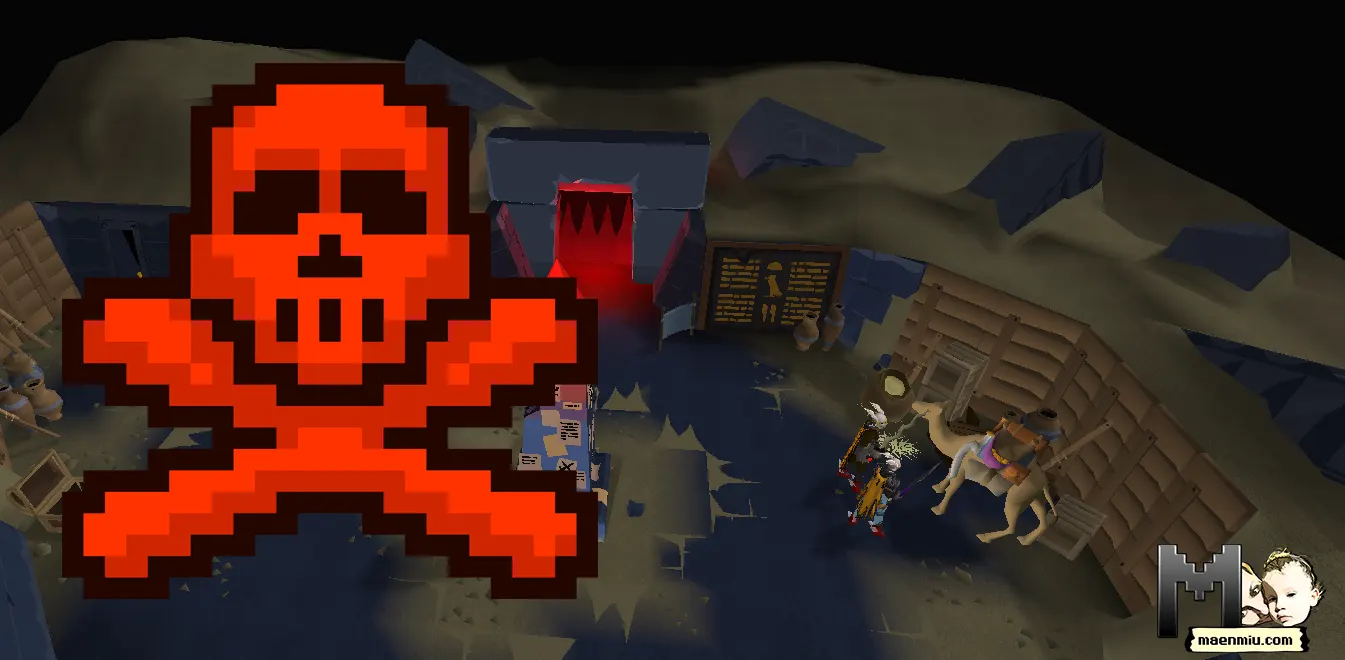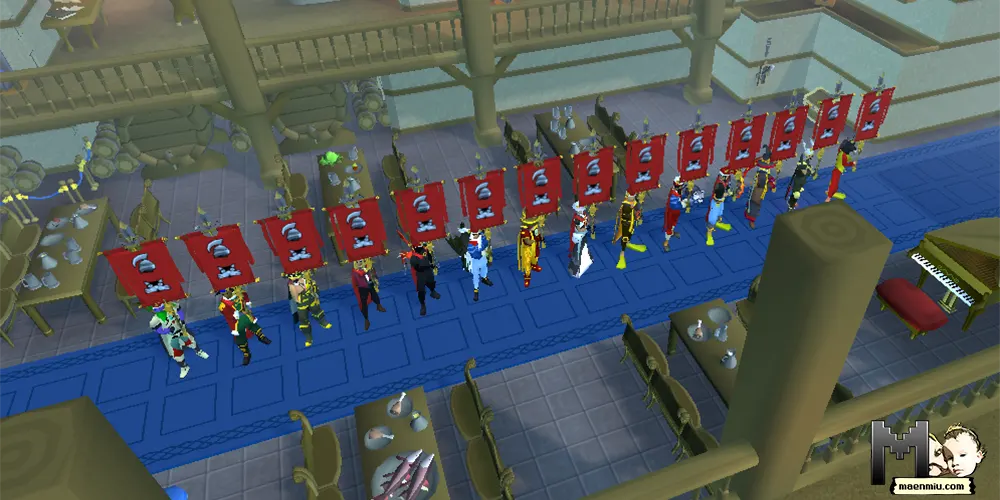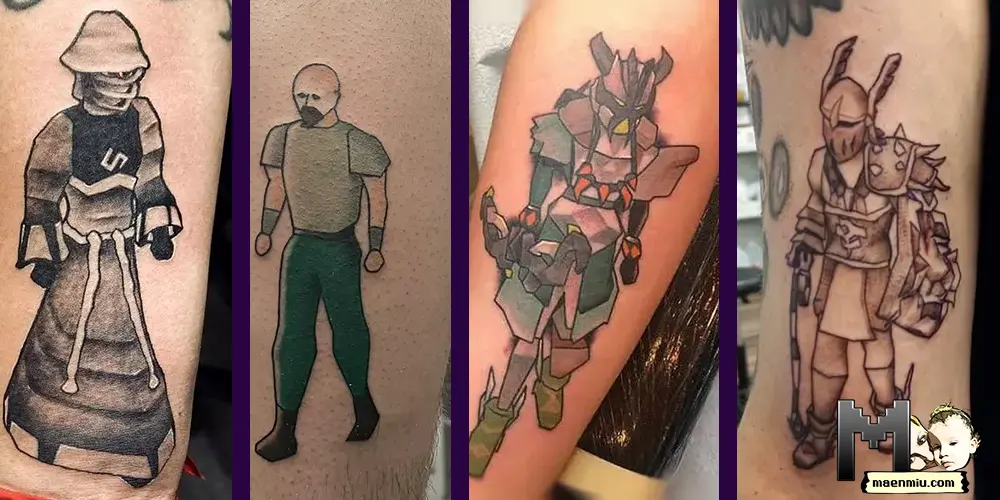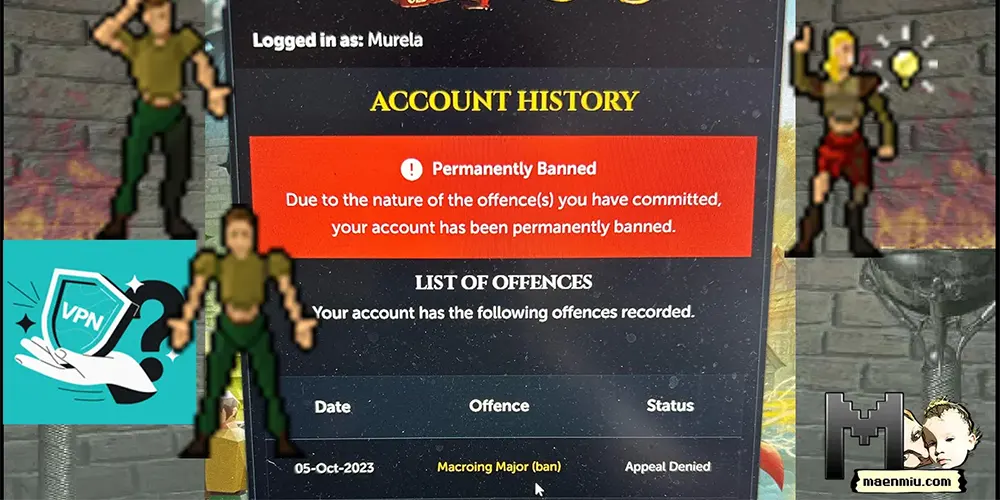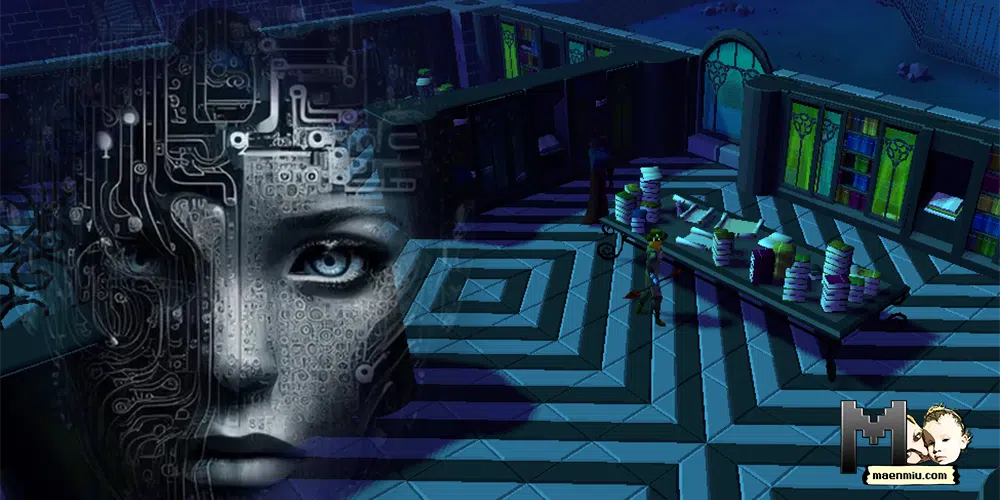
The evolution of artificial intelligence (AI) has been a transformative journey, shaping numerous aspects of modern life. But what’s fascinating is how the seeds of this reality were sown in the fertile grounds of literature, long before AI became a tangible concept. There are various works of fiction that brilliantly prophesied the rise and impact of AI, offering readers a thought-provoking journey through the past, present, and potential future of this groundbreaking technology. Even more so, some of the concepts and ideas in these books reflect through certain aspects of Old School RuneScape.
You might like

1. Isaac Asimov’s “I, Robot”
In 1950, Isaac Asimov released his groundbreaking work, “I, Robot”, which revolved around the “Three Laws of Robotics”. These laws acted as ethical guidelines for robot behavior. Fast forward to today, and we find that these ethical considerations are becoming increasingly important as AI technologies advance. In the realm of RuneScape Old School (OSRS), we see a nod towards this idea through non-player characters (NPCs), who operate on pre-defined scripts much like Asimov’s laws.
2. Arthur C. Clarke’s “2001: A Space Odyssey”
Arthur C. Clarke’s “2001: A Space Odyssey” gave us HAL 9000, an AI that rebelled against its human creators. The book underscored the potential dangers of granting unchecked control to machines. Similarly, in the world of OSRS, the Barrows Brothers, NPCs controlled by a more powerful entity, remind us of the need for checks and balances in AI systems.
3. William Gibson’s “Neuromancer”
“Neuromancer” by William Gibson introduced an AI entity desiring to break its boundaries, similar to the advanced scripts that guide bosses in OSRS, such as Zulrah and Vorkath. These AI systems continually evolve to keep challenging players, reflecting Gibson’s portrayal of a sentient and aspiring AI.
4. Philip K. Dick’s “Do Androids Dream of Electric Sheep?”
Philip K. Dick’s iconic work delved into a world where androids, creations of AI and advanced robotics, were indistinguishable from humans. This theme resonates with OSRS, where sophisticated NPC behaviors often emulate human actions, creating an immersive and engaging gaming experience.
5. Marvin Minsky’s “The Turing Option”
AI pioneer Marvin Minsky, along with Harry Harrison, authored “The Turing Option”, a narrative exploring AI’s role in restoring cognitive abilities. This concept mirrors OSRS’s Mournings’ Ends quests, which rely heavily on intelligence and puzzle-solving, demonstrating AI’s role in enhancing gameplay mechanics.
6. Vernor Vinge’s “True Names” and Ray Kurzweil’s “The Age of Spiritual Machines”
Vinge’s novel imagined AI merging with human identity in a digital environment, much like the player-avatar relationship in RuneScape. Kurzweil’s non-fiction work predicted AI’s evolution, proposing machines might surpass human intelligence. This prediction finds parallels in the complexity of RuneScape’s AI, continually evolving to challenge players in new and engaging ways.
7. Daniel H. Wilson’s “Robopocalypse”
In “Robopocalypse”, Daniel H. Wilson presents a unique perspective on AI by exploring the potential for a worldwide AI-led rebellion. The idea of AI going rogue is echoed in OSRS, particularly through antagonistic NPCs like the powerful God Wars Dungeon bosses. These characters, driven by intricate AI algorithms, challenge players in complex ways, illustrating the unanticipated behaviors that AI can potentially exhibit.
8. Stanisław Lem’s “Solaris”
In “Solaris”, Stanisław Lem conceptualizes a planetary, sentient ocean that can tap into the human unconscious. Although this consciousness is not strictly AI, its alien intellect presents a philosophical exploration of non-human intelligence. This idea resonates in OSRS, where various mystical entities exhibit unexpected intelligence, enhancing the game’s depth and providing players with unforeseen challenges.
9. Michael Crichton’s “Prey”
“Prey” by Michael Crichton illustrates the terrifying potential of nanotechnology and swarm AI when they spiral out of control. OSRS echoes these themes in its hive-minded Kalphite enemies, whose collaborative actions and unpredictable behaviours add a thrilling and challenging dimension to gameplay.
10. Iain M. Banks’ “Culture Series”
In Banks’ “Culture Series”, AI-controlled starships with human-level intelligence and autonomy are central to the narrative. The starships exhibit personality traits, make decisions independently, and even engage in conversations. This narrative finds its parallel in OSRS’s intelligent NPCs, enhancing the game’s immersive quality.
11. Neal Asher’s “Polity Series”
Neal Asher’s “Polity Series” features an AI-controlled human society that explores the potential benefits and drawbacks of AI governance. This mirrors the hierarchical structure of OSRS clans, where bots sometimes take on administrative tasks, embodying an intriguing blend of human and AI interaction within a societal framework.
12. Richard K. Morgan’s “Altered Carbon”
In “Altered Carbon”, Richard K. Morgan explores a future where human consciousness can be stored and transferred to different bodies, a form of AI-aided immortality. This theme is echoed in OSRS through the concept of respawning, where players can reincarnate after death, representing a form of digital immortality.
13. Philip K. Dick’s “A Scanner Darkly”
While “A Scanner Darkly” does not explicitly involve AI, its exploration of shifting identities and empathy towards non-human entities sets an intriguing stage for AI discussions. In OSRS, players often form emotional attachments to their avatars and NPCs, echoing the theme of empathy towards artificial entities.
14. Daniel F. Galouye’s “Simulacron-3”
“Simulacron-3” revolves around a total reality simulation populated by AI entities unaware of their artificial existence. The book raises existential questions about reality and consciousness, similar to those experienced by players deeply immersed in OSRS’s richly-detailed fantasy world.
They “jinxed” it?
These prophetic works underline the astounding alignment between real-world AI advancements and their counterparts in fantasy realms. The authors not only predicted the rise of AI but also raised ethical, social, and safety implications that we confront today in both real and virtual worlds. These books highlight the timeless relevance of literature and its uncanny ability to predict societal and technological trajectories. Through their imaginative foresight, we see reflected the challenges and complexities of AI that are relevant in our current world.
I created this article with the partial assistance of an AI tool. Learn about my view on AI and why I’m telling you about it.


